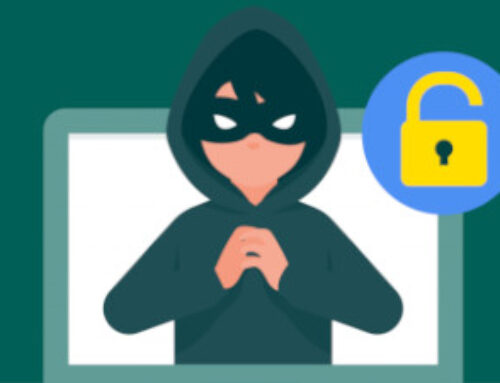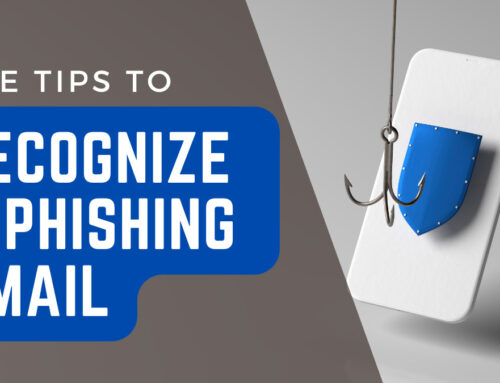When there is a spike in global conflicts or disasters, there is also a spike in charitable giving. Charitably minded families want to help the innocent and unsuspecting people who are affected by these crises by giving to charities that pledge to aid these affected areas. However, the IRS warns taxpayers that scammers are taking advantage of these world issues by creating fake charities to make a quick buck.
Scammers will use fake phone numbers or charity names that are very similar to the legitimate ones, luring people in who don’t know the difference. Thankfully, the IRS has an online tool called the Tax-Exempt Organization Search (TEOS) on their website which verifies the authenticity of the charity you wish to donate to. IRS TEOS TOOL. It also allows you to check the charity’s eligibility to receive tax-deductible charitable contributions. It is important to note that if you are someone who donated to a fake charity, you may not be able to deduct the donation on your tax return.
Here are some helpful tips to make sure your donation gets where you want it to go:
- Verify, verify, verify. Make sure you ask for the charity’s exact name, mailing address and website as well as utilizing the TEOS tool on the IRS website.
- Don’t let the pressure get to you. Charities aren’t there to pressure you into donating more than you’re comfortable with. Scammers, however, want as much money as they can get. They may also pressure you into giving out your personal information that is unnecessary for donations.
- Look for suspicious donation requests. If a charity is asking you to wire money or send gift cards a red flag should be raised immediately. It is safest to donate by check or credit card (after verifying the charity is legit).
PrairieFire works with its client families to develop giving programs including donor advised funds and donations of appreciated securities. Many of these strategies are beneficial to both the donor and the non-profit donee. Please reach out to us to learn more. Stay safe and do your research!



